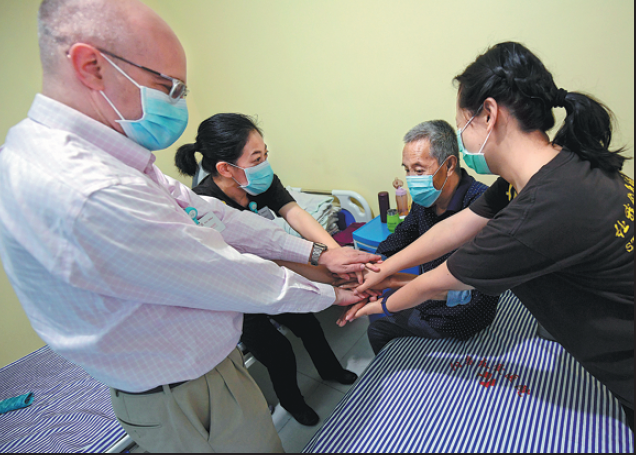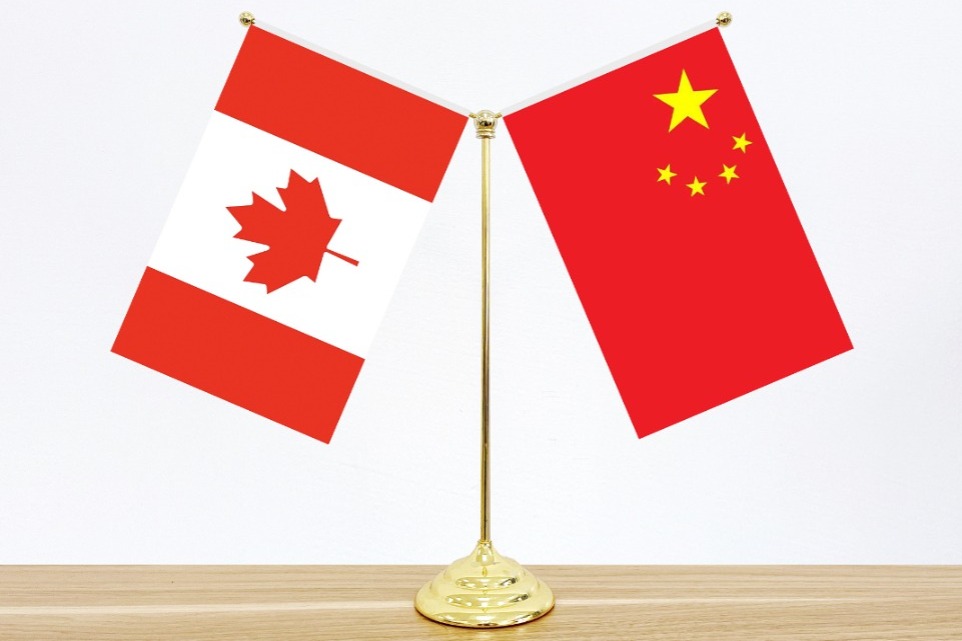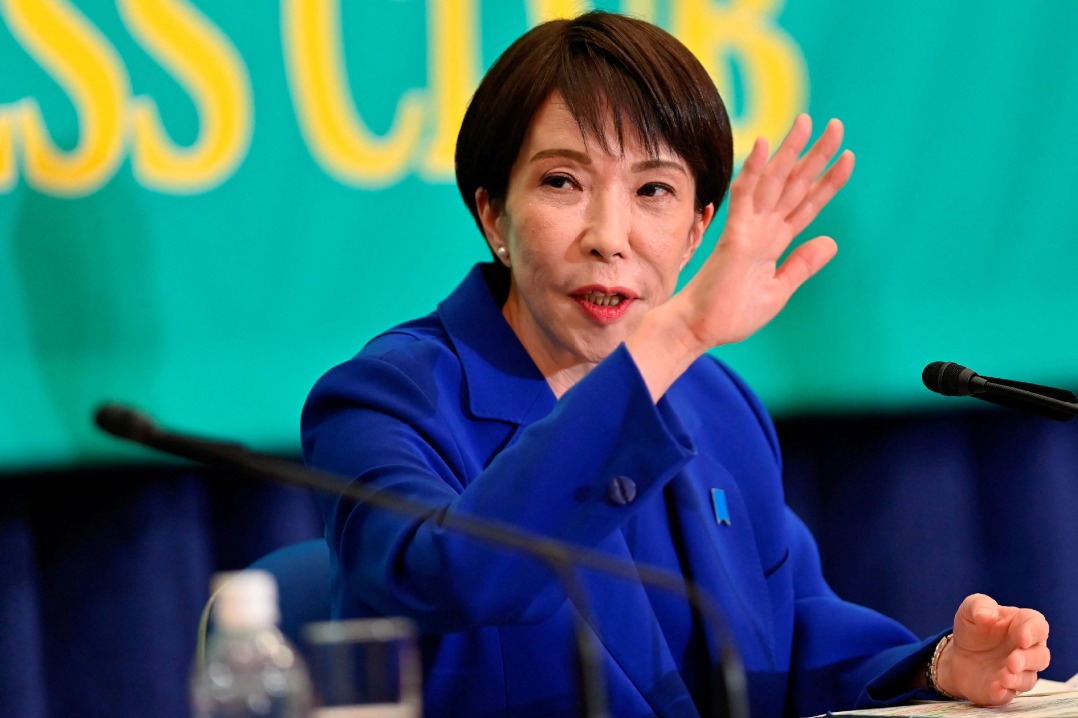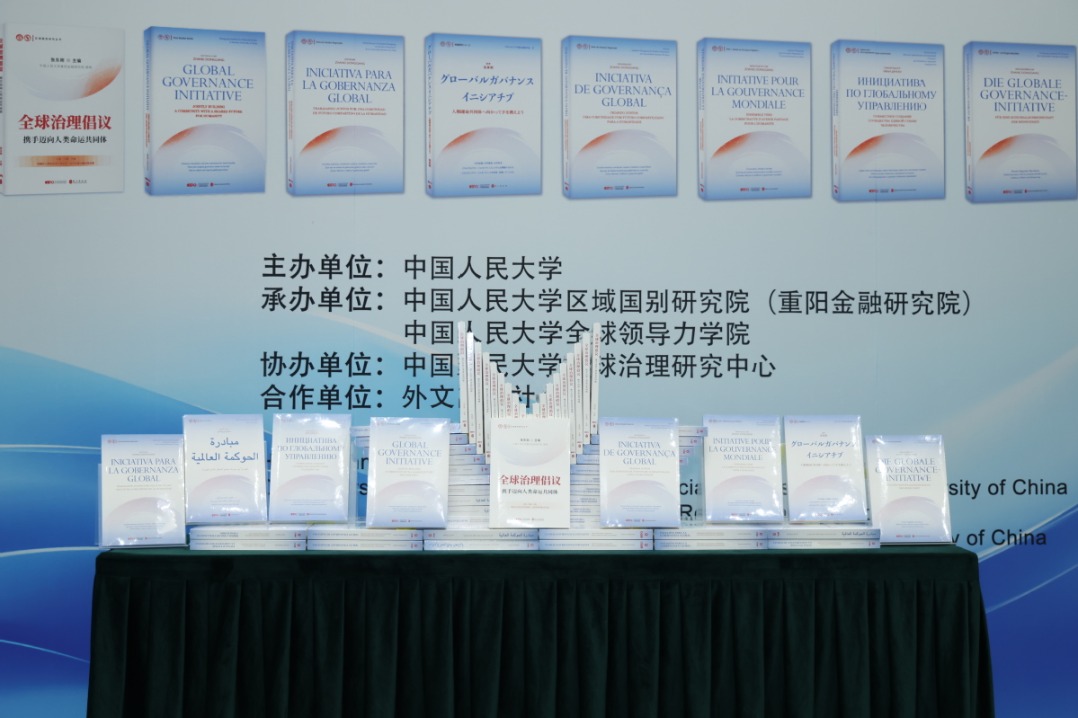US doctor comforts patients in last days


Cultural hurdles
It has been a challenge in China to tell dying patients how to face death when it's knocking at the door. Discussions of death remain virtually taboo, as a deep-seated cultural notion holds that talking about bad things makes them more likely to happen.
So people avoid talking about terminal cancer with relatives who are afflicted by it, and they avoid planning for death, as though the refusal to talk about it will somehow hold it back.
"The result, ultimately, is the loss of quality of life and wealth," Miller said. "Families in rural areas of China have plunged into extreme poverty because of the cost of treating serious illnesses. But we're improving, and they're accepting."
In Western countries, most deaths among the elderly come after years of decline. About two-thirds of deaths occur in a hospital or nursing home.
The trouble is that terminally ill patients who die in hospital wards typically experience more pain than those who die at home or in hospice care, Miller said.
With hospice, people have the opportunity to die without pain, at peace and surrounded by loved ones.
"China has done a lot in terms of developing medical care over the last several decades, from just treating infectious diseases to handling more chronic illnesses," Miller said. "What's really needed now is a program for taking care of patients after they leave the hospital-and preventive care also."
































